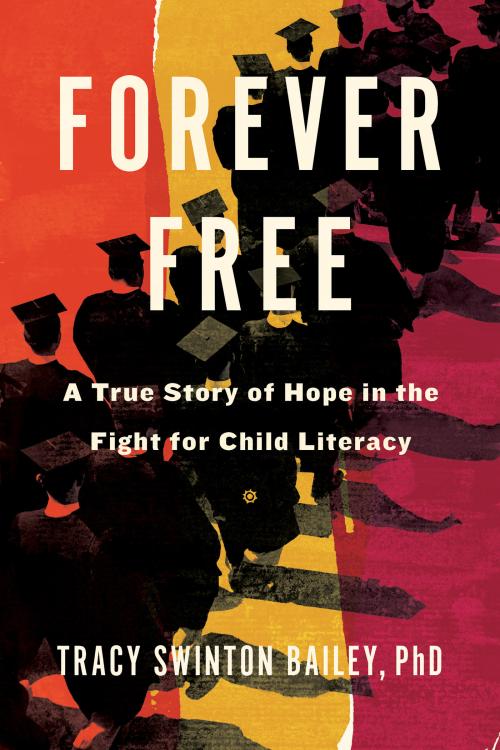“An inspiring book…Bailey’s sense of history and duty, her love of learning and commitment to children, radiate from every page.” —The Guardian
“This timely book makes an impassioned plea for the humane innovations needed to create a just learning system for all. Inspiring reading for educators and anyone who cares about education.” —Kirkus Reviews
“[An] inspirational account…Bailey doesn’t hold back in criticizing systemic inequalities in public schools and society at large, but her optimism shines through. Educators, parents, and school administrators will want to take a look.” —Publishers Weekly
“A call to action and a moving tribute to the power of reading to improve the lives of children most neglected by the public education system.” —Shelf Awareness
“[Bailey’s] account includes intellectual and spiritual reflection, anecdotes and student profiles, and thoughtful commentary on historical perspectives and contemporary realities…Readers will appreciate Bailey herself, both for her powerful insights and her dedication to her cause.” —Booklist
“Recommended for anyone who has an interest in improving literacy rates or who enjoys narratives of individuals overcoming obstacles to bring a vision to fruition.” —Library Journal
“This book is rooted in the Black educational tradition and implores us to consider better ways of assessing child literacy. That alone makes this a worthwhile read for anyone trying to understand what true democracy and citizenship would look like if we started from those most historically marginalized from the right to read.” —José Luis Vilson, author of This Is Not a Test: A New Narrative on Race, Class, and Education
“Forever Free is an inspirational book that dives into the deep inequities in literacy instruction, while also leaving readers with great hope for what powerful literacy instruction looks like and can be if we build on and believe in the inherent strengths of our children. In highlighting the power of the collective, Swinton Bailey reminds us that deep change cannot be accomplished alone, but through collaborative effort.” —Carolyn H. Strom, PhD, Clinical Assistant Professor of Early Childhood Literacy, New York University
“Tracy Swinton Bailey lifts her voice and unwraps her struggles as she shares her story of connecting children of poverty with the freedom born from learning to read. With references to Frederick Douglass throughout the book, the author embodies the echo of his words, ‘Knowledge unfits a child to be a slave,’ in her determination to offer and expand the Freedom Reader model. In her words, she seeks to reshape the winds of change, and she does just that in her reinventing of Freedom Readers to respond to today’s evolving challenges.” —Jacqueline Grennon Brooks, Professor Emerita at Hofstra University and coauthor of Schools Reimagined: Unifying the Science of Learning with the Art of Teaching
“Tracy Swinton Bailey has written a powerful story of her work building a literacy tutoring program that shows how the personal and political are interwoven in school reform. By connecting the threads between literacy and abolition, schools and churches, students and mentors, individuals and community, Bailey invites us to reflect on how the work of literacy is inexorably tied to our shared humanity.” —Justin Reich, Mitsui Career Development Professor of Digital Media, MIT
“Through the prism of her own upbringing and family devotion to reading, Swinton Bailey’s memoir illustrates one of many ways in which public policy, specifically public education and US policy commitment to literacy, has failed Black children and communities of color. Programs like Freedom Readers are ever more important now as the 2020 pandemic has further demonstrated the necessity of supportive educational models outside of school walls, including tutoring for ensuring children’s learning and self-efficacy. Swinton Bailey raises key questions: whose job is it to teach and support literacy? Is it the family, the child, society, or some combination? And, accordingly, how has this failed and who should take responsibility? Using personal narrative to humanize gross societal inequities, including many that she experienced during her own educational and professional path, Swinton Bailey portrays literacy as the scaffolding between children’s home environments and schools, and, in the spirit of Frederick Douglass, an avenue for personal development, growth, and freedom. The memoir weaves in Swinton Bailey’s own reckoning of Christian beliefs and values, optimism about systemic change, and trust in people to do good for themselves and others. In this way, authentic literacy—reading at appropriate levels of proficiency—is rightly positioned as a key mechanism of change.” —Lisa A. Gennetian, Pritzker Professor of Early Learning Policy Studies, Duke University

